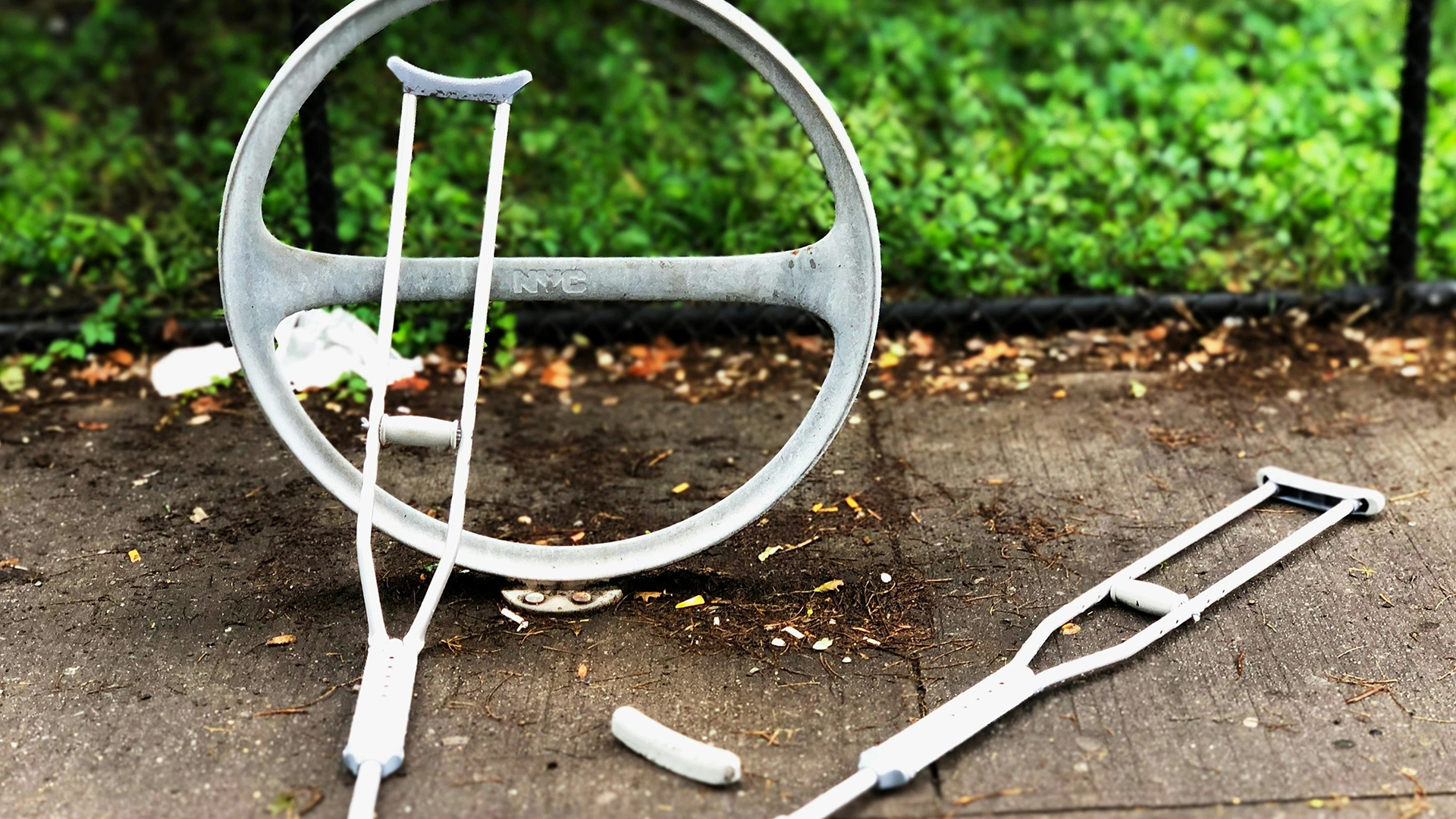
Image by Lance Grandahl, from Unsplash
Wearable AI Device Helps Stroke Survivors Avoid Falls In Rehab
Simon Fraser University researchers are developing a smart wearable device powered by artificial intelligence to help prevent falls in people recovering from strokes and spinal cord injuries.
In a rush? Here are the quick facts:
- The device uses sensors and machine learning to detect risky patient movements.
- Over 50 stroke survivors participated in the movement safety study.
- The system warns patients of potentially dangerous movements during rehabilitation.
The new technology could change the way rehab is done by making it safer and more personalized.
The team, led by assistant professor Gustavo Balbinot from SFU’s Movement Neurorehabilitation and Neurorepair lab, designed wearable sensors that monitor how patients move during everyday tasks like getting out of a chair or walking around obstacles.
These small devices collect detailed data on movement and use machine learning to spot patterns that might lead to dangerous falls.
“Rehab is all about movement, so we want to make patients move. And by moving, patients can regain the movement they lost,” says Balbinot, in a press release by SFU. “But we want them to move safely, so the importance of this research is that now we can really understand movement in terms of safety during rehabilitation.”
More than 50 chronic stroke survivors took part in the study, published in Clinical Rehabilitation. Their movements were recorded using the wearable sensors, which sent data to software developed by the SFU team. This software analyzed the data and learned to detect moments just before a fall.
“This sensor can quantify characteristics of the movements of the person, and with machine learning we can identify patterns of movement for those patients,” Balbinot explains.
“The software can learn about the patterns of movement when the person was just about to fall and for a subsequent event the technology can warn the patient, ‘this is a very challenging movement you are doing right now, take care, mind your step, and move safely’.”
SFU is currently ranked B.C.’s top university for artificial intelligence, with over 100 researchers across eight faculties working on AI projects. Balbinot’s work brings together medical science, engineering, and AI to support patient safety in a real-world setting.
“Wearables are important in this,” he adds. “They can really bring the lab to people’s daily life.”
In the future, the team hopes these sensors can be built directly into everyday clothing, providing round-the-clock support for those recovering from serious injuries.




 Latest articles
Latest articles 

Leave a Comment
Cancel